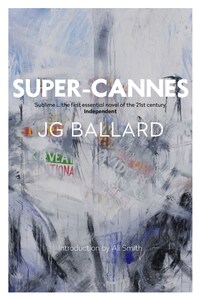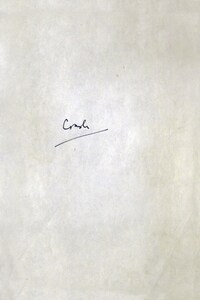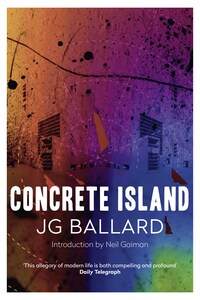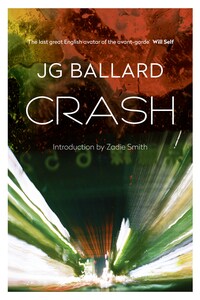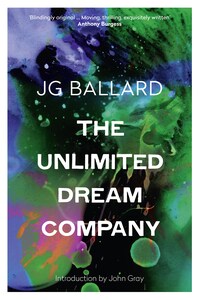Fourth Estate
An imprint of HarperCollinsPublishers
77–85 Fulham Palace Road,
London W6 8JB
4thestate.co.uk
This edition published by Fourth Estate in 2014
First published in Great Britain by Flamingo in 2000
Copyright © J. G. Ballard 2000
The right of J. G. Ballard to be identified as the author of this work has been asserted by him in accordance with the Copyright, Design and Patents Act 1988.
Introduction © Ali Smith 2014
‘The Enormous Space’ © J. G. Ballard 1989
A catalogue record for this book is available from the British Library.
This novel is entirely a work of fiction. The names, characters and incidents portrayed in it are the work of the author’s imagination. Any resemblance to actual persons, living or dead, events or localities is entirely coincidental.
All rights reserved under International and Pan-American Copyright Conventions. By payment of the required fees, you have been granted the non-exclusive, non-transferable right to access and read the text of this e-book on-screen. No part of this text may be reproduced, transmitted, down-loaded, decompiled, reverse engineered, or stored in or introduced into any information storage and retrieval system, in any form or by any means, whether electronic or mechanical, now known or hereinafter invented, without the express written permission of HarperCollins.
HarperCollinsPublishers has made every reasonable effort to ensure that any picture content and written content in this e-book has been included or removed in accordance with the contractual and technological constraints in operation at the time of publication.
Cover by Stanley Donwood
Ebook Edition © May 2013 ISBN: 9780007322183
Version: 2014-08-14
A NOTE ON the local geography. Frequent visitors to the French Riviera will be familiar with Marina Baie des Anges, the vast apartment complex that lies like a second Colosseum under the Nice Airport flight path. The Pierre Cardin Foundation, at Miramar to the west of Cannes, is difficult to find but well worth a visit, and must be one of the strangest buildings in Europe. Port-la-Galère, nearby, is another architectural oddity, with its honeycomb facades worthy of Gaudi.
Antibes-les-Pins, at Golfe-Juan, is part of the high-tech Côte d’Azur that is rapidly replacing the old. An even better example, and the inspiration for Eden-Olympia, is the landscaped business park of Sophia-Antipolis, a few miles to the north of Antibes.
Super-Cannes is a luxury enclave on the heights above the Croisette, but the term might well refer to that whole terrain of science parks and autoroutes on the high ground above the Var plain. Together they make up Europe’s silicon valley, a world away from the casinos and belle époque hotels that define the Riviera of old.
Nostalgic Aviation, a cheerful museum of aircraft memorabilia, stands at the entrance to Cannes-Mandelieu Airport, and is a haven for flying buffs. On the new Riviera, even aviation is now consigned to a fondly remembered past.
J.G. Ballard
‘There’s something about the novel that resists innovation,’ J. G. Ballard said. He said it more than once; it was something he was fond of saying even as he himself innovated, working away beneath and pulling up the floorboards of literary tradition, one eye on the contemporanea his novels happened to inhabit and the other on a very different clock, one ‘whose movements are virtually imperceptible but which cover giant periods of time as the human race evolved.’ Super-Cannes, which he published on the cusp not just of a new century but a new thousand years, makes inquiry into both – the time we inhabit and our place in evolutionary terms. It parallels the ancient mysteries of Eros and Thanatos alongside what’s called human progress. It rewrites (it seems literally to do this as it unfolds) the speed and expectations of English narrative while examining our warmth towards, our desire for, and the naivety and comfort in our nostalgia about, the novel form.
